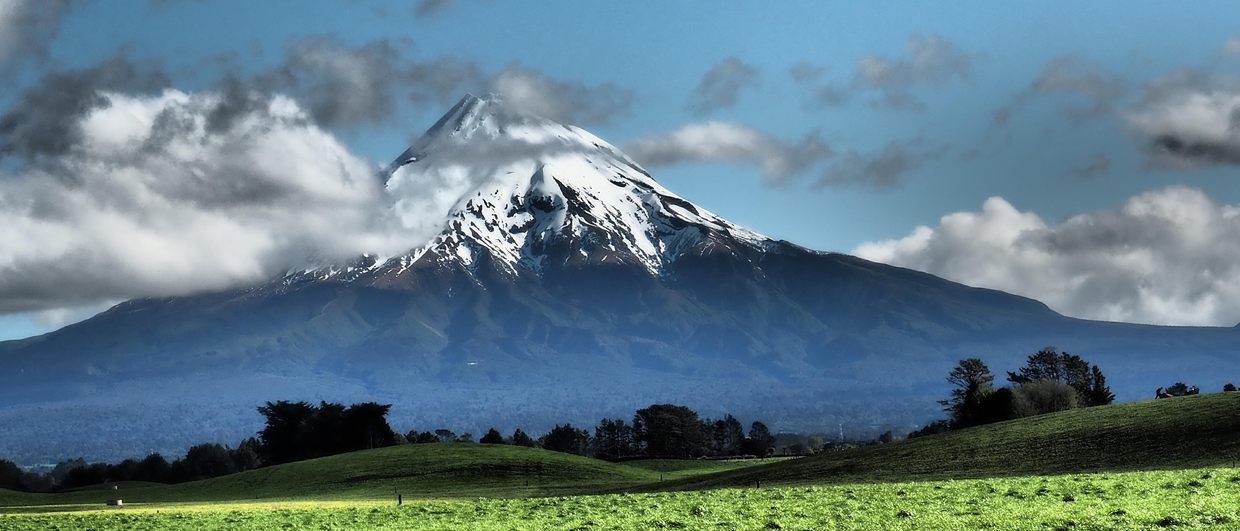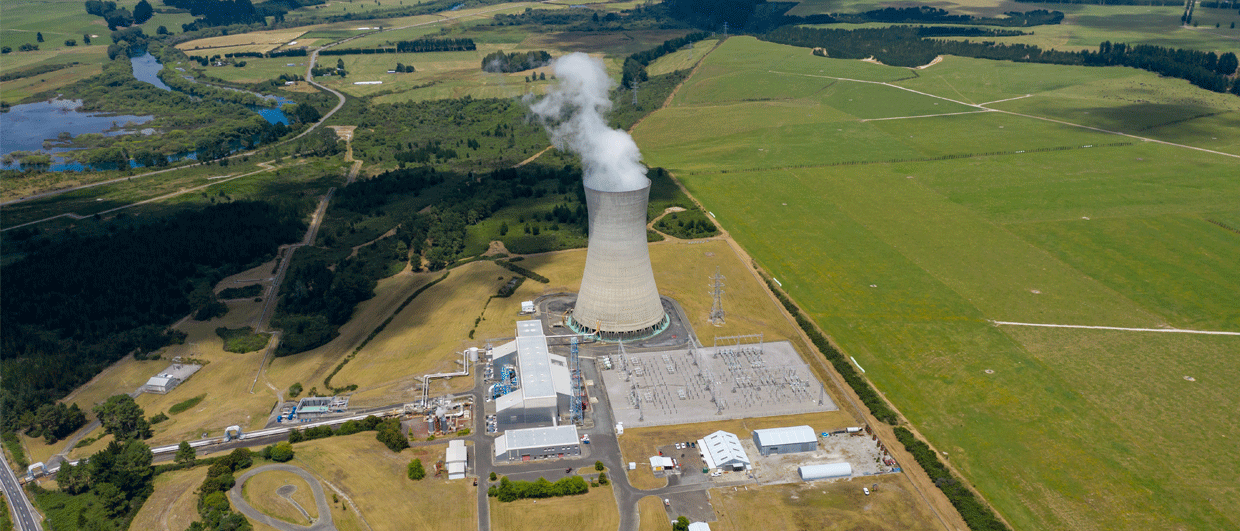It is too easy to think that a policy reversal in favour of oil and gas exploration such as the one that was recently announced for New Zealand will immediately result in the comeback of explorers.
In 2018, Jacinda Adern’s coalition announced a ban on offshore oil and gas exploration in response to the desire to shift away from fossil fuel production. However, the country has seen itself struggling with the increased risk of blackouts as the system relies more and more on intermittent wind and solar energy. The new and more centre-right government has now made the call to re-open the door for drilling, despite the fact that this is still subject to parliamentary approval.
But how effective will this be? Based on a poll, in which we asked our followers if they believe that New Zealand is a place with exploration potential, it can be inferred that the picture is more complicated than some politicians want it to be.
Not even worth going back into
First of all, 23 % of the 130 respondents think that New Zealand’s offshore does not even hold prospective resources anymore. Opening up for exploration may therefore not result in commercial find.
Still, 40 % of respondents do think that exploration will result in the discovery of valuable resources. Still a majority. But is this enough for the country to turn on the taps tomorrow?

According to some conversations I had, and the comments provided at the post, even in the case of a discovery it is still very much the question if any of these potential future discoveries can in fact be capitalized. The problem is two-fold.
Distance and confidence
Even if a discovery is being made, the question then becomes how to get it to market. The infrastructure for this is simply lacking in most parts of New Zealand, and one isolated find will therefore require to be of significant size in order to meet the economic threshold to make it.
Even without other issues on the radar, a very real question is why would you explore for stuff that for CAPEX & OPEX costs will be $30 / boe and more, never mind finding cost, when more than enough is dotted around a score or so countries that can do it for $25 / boe or less from stuff already found?
Dave Waters, Paetoro Consulting
The second aspect is political. Even though the political wind may now be in favour of exploration, what will the status be after the next general election? This is all far from certain. Energy companies will be much more reluctant to make a decision to enter a country when political winds can change with every individual election. The timeline required for finding and developing hydrocarbon resources is just way longer than one electoral cycle.
Based on these observations, it seems unrealistic when the New Zealand government expects a big upturn in the market as a result of changes in legislation. The industry needs much more to come back. A long-term view on oil and gas exploration and development is thereby paramount. Geoscientists can help convey that narrative, as they are aware of the uncertainties with regards to what is there, and the length of time that is often involved from discovery to first oil.



